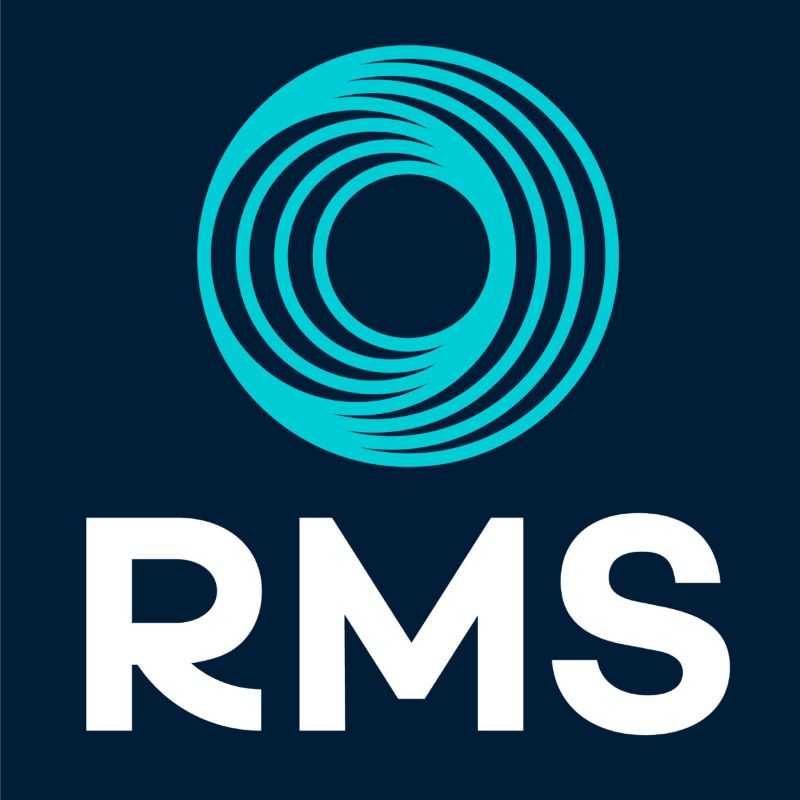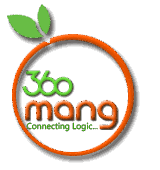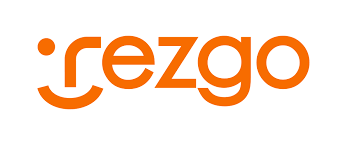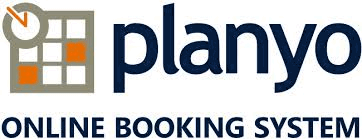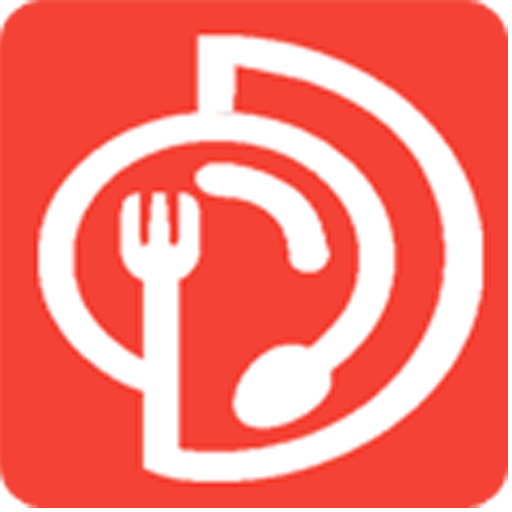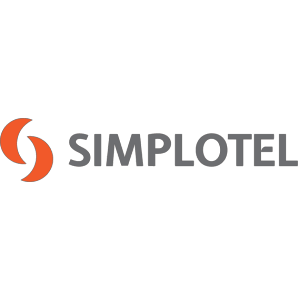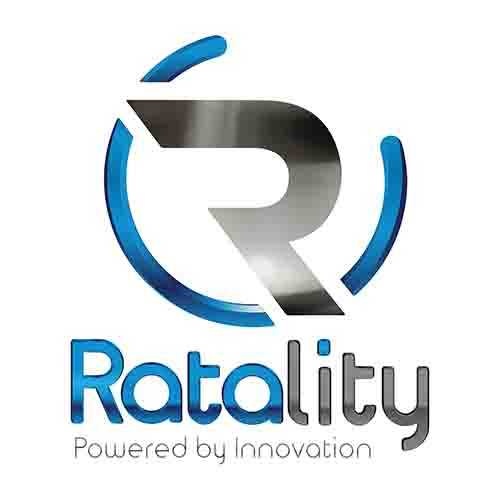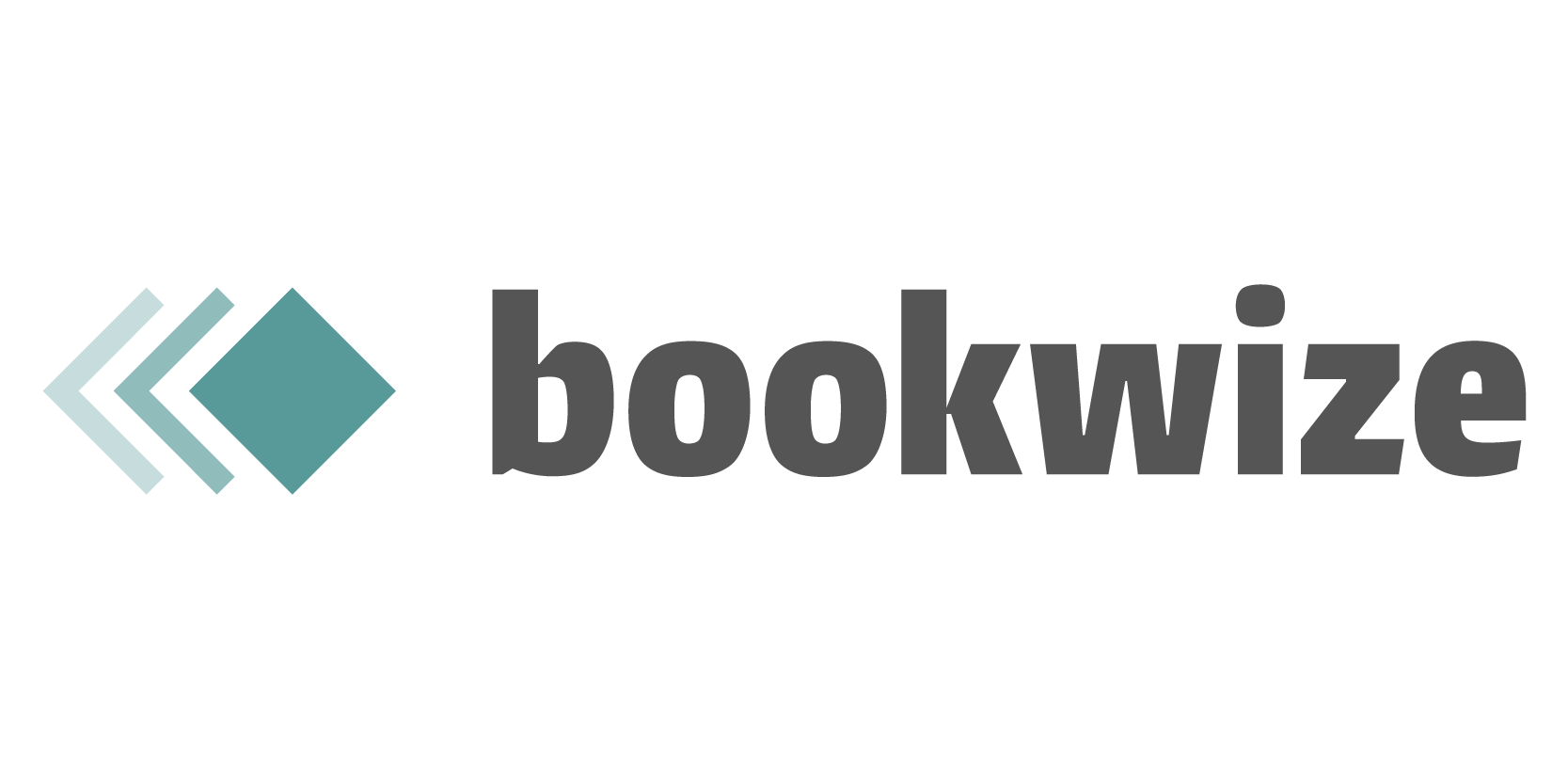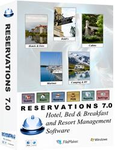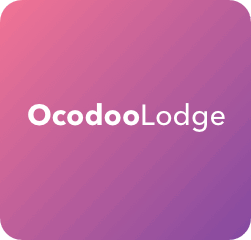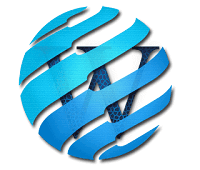Yes, reservation and booking software can be accessible from many devices and platforms. Reservations or bookings can be made quickly from your laptop, tablet, or smartphone as long as you have internet connection and the proper login credentials. This is beneficial to both organizations and customers because it allows for greater flexibility and accessibility. The software is designed to work with a variety of operating systems, making it available to a large range of users.
List of 20 Best Reservation & Booking Software
RMS Cloud Hotel PMS is a cloud-based solution for efficient and profitable hotel management. With features like integrated Channel Manager, POS System, and Dynamic Pricing, RMS simplifies the complexities of hotel operations and enhances business gro...Read More RMS Cloud Hotel PMS
360HMS - Cloud based solution for hospitality businesses. With its user-friendly web-based interface and strong architecture, it ensures a seamless and efficient experience. Offering support for multiple currencies, it caters to all industry needs. S...Read More 360HMS - Cloud based
LiMobility - the leading limo management software used by companies globally. Its robust features and dependable performance have earned it high ratings and trust from users. Designed for dispatch, it optimizes business processes and ensures timely a...Read More LiMobility
Regiondo is a booking platform designed for tour operators, activity providers, and attraction businesses. It streamlines operations, increases reservations, and seamlessly integrates with leading online travel agencies. is the system allows companie...Read More Regiondo
Rezgo is a versatile and user-friendly booking engine tailored for tour and activity companies. With its customizable features and open source platform, Rezgo offers unparalleled flexibility in meeting the unique needs of your business. Simplify your...Read More Rezgo
Planyo is a versatile online reservation system that caters to the needs of various businesses, allowing them to efficiently manage bookings ranging from a few minutes to days or performances. Its customizable features make it the ideal solution for...Read More Planyo
DIRS21 solution for seamlessly managing your hotel operations. Empower your business with our efficient platform that enables effortless handling of direct bookings and multiple channels. Expand your reach, increase revenue, and have more time to cat...Read More DIRS21
Digirestro is a POS software designed for businesses of all sizes. Our cloud-based system includes a wide range of features such as Order Management, seamless integration with popular food delivery platforms like Swiggy, Zomato, Foodpanda, and Uberea...Read More Digirestro
Foodklik is the perfect solution for ordering food online and having it delivered to your doorstep. By downloading our app, you can access great deals from numerous restaurants and outlets. Easily browse through their menus, choose your favorite dish...Read More Foodklik
Innkeepers Advantage is a hotel management software for your inn. Our innovative drag and drop system simplifies the reservation process, allowing for quick and efficient room allotment to guests. Say farewell to lengthy and complicated procedures -...Read More Innkeeper's Advantage
Simplotels award-winning Booking Engine, the preferred choice of over 2000 hotels. Equipped with e-commerce platform features, it maximizes direct bookings by seamlessly converting website visitors into paying guests. Trusted by hotels of all sizes,...Read More Simplotel Booking Engine
Ratality - the leading cloud-based software tailor-made for bus, coach, charter, and vehicle rental industries. Our highly acclaimed platform offers a centralized solution for all your business needs, enhancing productivity and increasing operational...Read More Ratality
Bookwize is a highly advanced e-commerce platform crafted specifically for hotels, equipped with a comprehensive Booking Engine, seamless integration with Channel Managers, and intelligent Business Intelligence Reporting. This powerful solution not o...Read More Bookwize
Beds24 is a hotel management solution designed to simplify your business operations. Experience hassle-free online booking, secure payment processing, and efficient multi-channel workflow management. Improve your customer relationships with Beds24s i...Read More Beds24
Rezware is reservation management software that simplifies operations and enhances customer experiences. With its user-friendly interface and advanced analytics features, Rezware helps businesses optimize efficiency and track valuable insights. With...Read More Rezware
CRM@MCIAPPS is a business solutions software that revolutionizes your entire business process. Our highly customizable and compatible features cater to every stage of your business operations, ensuring a streamlined and reliable source of information...Read More CRM@MCIAPPS
TravelCarma is a proven and reputable travel technology solution, employed by more than 200 successful travel companies worldwide. Our platform provides seamless online booking for B2C and B2B customers, efficient back and mid-office management, and...Read More TravelCarma
Reservations 9.0 is a booking solution designed to streamline your reservation process and enhance customer satisfaction. With easy-to-use features and dependable support, this advanced software is customized to meet your specific business needs for...Read More Reservations 9.0
OcodooLodge solution for entrepreneurs aiming to jumpstart their vacation rental booking business with minimal effort. Our fully customizable and user-friendly platform enables you to effortlessly set up a personalized accommodation booking system in...Read More OcodooLodge
WINHMS CRS, a centralized Reservation Software System available on the web. Perfect for groups and hotel chains, it simplifies the process of room bookings in real-time. Manage all your properties effortlessly through one online platform. Never miss...Read More WINHMS CRS
Learn More About Reservation & Booking Software
- What Is Reservation & Booking Software?
- What Are The Recent Trends In Reservation & Booking Software?
- Benefits Of Using Reservation & Booking Software
- Important Factors To Consider While Purchasing Reservation & Booking Software?
- What Are The Key Features To Look For In Reservation & Booking Software?
- Why Do Businesses Need Reservation & Booking Software?
- How Much Time Is Required To Implement Reservation & Booking Software?
- What Is The Level Of Customization Available In Reservation & Booking Software?
- Which Industries Can Benefit The Most From Reservation & Booking Software?
- Conclusion
What Is Reservation & Booking Software?
Reservation and booking software is a strong tool that helps hospitality and service firms manage reservations and bookings more efficiently. This software automates scheduling, availability tracking, and payment processing, thereby streamlining the entire process. It also gives real-time updates and reports, allowing organizations to make more informed decisions.
One of the primary benefits of reservation and booking software is the ability to consolidate all reservations and bookings into a single platform. This eliminates the need for human record-keeping and minimizes the possibility of double bookings. Businesses can also use this software to develop customisable rules and procedures for successfully managing reservations and bookings.
Furthermore, reservation and booking software supports online booking, allowing clients to reserve and pay for services at any time and from any location. This not only makes things easier for clients, but it also lessens the workload for businesses. The program also includes customer management features, which enable firms to track and retain consumer data for future use.
For organizations that provide several services, this software allows you to create different booking categories and specify unique availability. This ensures that each service is well-managed and resources are allocated appropriately. Furthermore, reservation and booking software offers a platform for upselling and cross-selling services, which increases revenue opportunities.
Furthermore, this software can be integrated with other critical applications like calendar management and payment gateways, simplifying the entire booking process. Businesses can improve the customer experience and develop long-term relationships by implementing features such as queue management, automated reminders, and customer feedback gathering.
What Are The Recent Trends In Reservation & Booking Software?
The world of reservation and booking software has grown and evolved rapidly in recent years, owing to technological improvements and shifting consumer tastes. As a buyer, it is critical to stay current on the latest developments in this field in order to make the best option for your company.
Here are some of the latest developments in reservation and booking software that you should be aware of.
1. Rise Of Online And Mobile Booking: As the internet and smartphones become more widely used, an increasing number of consumers are choosing to make reservations and bookings online or through mobile apps. This has resulted in an increase in demand for reservation and booking systems that are user-friendly and accessible across numerous devices.
2. Social Media Integration: With the rise of social media, many reservation and booking software providers now offer integration with major sites like as Facebook, Instagram, and Twitter. This enables businesses to use these platforms' vast user bases and contact potential customers through customized advertising and promotions.
3. Automation And AI: Reservation and booking systems are progressively incorporating automation and artificial intelligence (AI), resulting in more efficient and tailored client interactions. This includes services like automated booking confirmations, personalized suggestions, and chatbots for customer support.
4. Customization And Personalization Options: As customers demand more personalized experiences, reservation and booking software increasingly includes configurable features such as seat selection, special requests, and loyalty programs. This not only increases client satisfaction, but also assists organizations in establishing and maintaining a loyal consumer base.
5. Integration With Other Systems: To improve operations and the overall customer experience, reservation and booking software is now merging with payment gateways, customer relationship management (CRM) software, and accounting software.
6. Focus On Data Analytics: In today's competitive economy, organizations must harness the power of data. Reservation and booking software is now embracing complex data analytics capabilities to provide organizations with useful insights, allowing them to make data-driven decisions to improve operations and customer service.
Benefits Of Using Reservation & Booking Software
Reservation and booking software is an invaluable resource for hospitality organizations such as hotels, restaurants, and tour operators. It streamlines the booking process, making it more efficient for both the company and its clients.
Let's explore, we'll go over the advantages of using reservation and booking software so you can make an informed decision for your company.
1. Improved Efficiency And Accuracy: One of the primary advantages of using reservation and booking software is that it improves efficiency and accuracy. Manual booking methods are always susceptible to human error, which can lead to extra bookings or inaccurate reservations. However, with reservation and booking software, all bookings are automatically logged and updated in real time, ensuring accuracy and lowering the possibility of errors.
2. Effective Organizational Management: Reservation and booking software also enables better organizational administration. It makes it easier to manage multiple sorts of bookings, such as accommodation reservations, table reservations, and event reservations, all in one location. This removes the need for several systems and minimizes the possibility of errors and confusion.
3. A Seamless Online Booking Experience: Customers today demand a hassle-free online booking experience. Reservation and booking software enables businesses to provide online booking alternatives, allowing clients to make reservations at any time and from anywhere. This not only enhances client pleasure, but it also raises the likelihood of the firm receiving bookings.
4. Integration With Other Systems: Most reservation and booking software integrates with other systems, including payment gateways, accounting software, and customer management systems. This implies that all data is automatically sent, reducing the need for manual data entry and increasing process efficiency.
5. Real-Time Availability And Booking Management: Another key advantage of reservation and booking software is the ability to manage and alter availability in real time. This implies that businesses may rapidly update and alter their availability and bookings, giving clients the most current information. It also enables firms to make quick changes in the event of cancellations or last-minute bookings.
6. Reporting And Analysis: Reservation and booking software also enables organizations to generate reports and analyze data. This enables firms to monitor booking trends, analyze peak seasons, and make sound judgments about future reservations and pricing plans.
Important Factors To Consider While Purchasing Reservation & Booking Software?
Choosing the appropriate reservation and booking software can help any hospitality business increase its productivity and profitability. Buyers may find it difficult to make a decision when there are so many options available.
To help you make an informed decision, here are some crucial considerations to consider when selecting reservation and booking software.
1. Features And Functionality: The first and most significant considerations are the software's features and functionality. Make sure it has all of the necessary functionality, such as online booking, payment processing, calendar management, and reporting. Look for extra features like mobile compatibility, connectivity with third-party systems, and configurable solutions to match your specific business requirements.
2. User-Friendly Interface: Both you and your customers should be able to navigate and use the software with ease. A convoluted system may cause frustration and errors, which might ruin your company's reputation.
3. Scalability: Your software should be able to keep up with your business as it expands. Invest in software that is both versatile and scalable, allowing you to meet your present and future demands without having to move to a new system.
4. Customer Support: Technical problems and glitches can happen with any software. As a result, it is critical to select a vendor that provides dependable customer assistance. Consider alternatives such as 24/7 availability, various channels of communication, and quick response time.
5. Security: When making online reservations and payments, security should be the main consideration. Make sure the software meets industry standards and includes built-in security safeguards to protect your data and your customers' information.
6. Integration With Existing Systems: If you already have other systems in place, make sure the software works flawlessly with them. This will prevent disruptions to your current operations while also saving time and effort.
7. Pricing: Compare the cost of the software to the capabilities and benefits it provides. Look for transparent pricing plans with no hidden fees, and think about the long-term return on investment.
8. User Reviews And Ratings: Before making a purchase, examine internet reviews and ratings left by current or former users. This can help you better understand the software's performance and user experience.
What Are The Key Features To Look For In Reservation & Booking Software?
When it comes to selecting the best Reservation & Booking Software for your company, there are several important factors to consider. These elements will affect not just the overall functioning and simplicity of use, but also the success of your booking process.
1. User-Friendly Interface: The first and most significant characteristic to search for in Reservation & Booking Software is an easy-to-use interface. This means that the software should be simple to use and understand, with an intuitive design. A convoluted interface can cause errors and annoyance for both you and your consumers.
2. Real-Time Availability: Real-time availability is an important part of any booking process. This means that the software should be able to update and display the status of your services or products. This will help to avoid multiple bookings and provide your consumers with a pleasant booking experience.
3. Multiple Payment Options: In today's digital world, each business must offer a variety of payment methods. To accommodate your clients' choices, your Reservation & Booking Software should include a number of payment options such as credit card, PayPal, and internet transfers.
4. Customization And Branding: Look for software that lets you personalize and brand your reservation system. This will not only improve the professionalism of your booking procedure, but will also help you stand out in the marketplace.
5. Automated Email Notifications: Sending automated email notifications to your consumers can save you time and work while keeping them informed about their booking status. Make sure the program can send confirmation, reminder, and follow-up emails to both you and your consumers.
6. Mobile Responsiveness: Given the rise in mobile usage, your Reservation & Booking Software should be mobile responsive. This implies that it should work effortlessly across several devices, including smartphones and tablets, allowing your consumers to make reservations on the go.
7. Reporting And Statistics: A decent reservation and booking software should provide you with useful insights and statistics on your bookings. This will allow you to monitor your performance, make data-driven decisions, and enhance your client experience.
8. Integration With Other Platforms: If you use other software or platforms in your business, check sure your Reservation & Booking Software is suitable and can integrate with them. This will help to streamline your operations and make the booking process more efficient.
9. Customer Assistance: Finally, think about how much customer assistance the software company provides. Look for one that provides 24/7 help and has a strong reputation for addressing issues quickly.
Why Do Businesses Need Reservation & Booking Software?
Reservation and booking software has become a crucial tool for enterprises in a variety of industries, including hospitality, tourism, healthcare, and fitness. Investing in such software can give several benefits to firms, making it an excellent choice for expansion and success. One of the key reasons why organizations want reservation and booking software is to streamline the booking process and enhance the client experience.
With the growing popularity of online booking, clients demand a simple and straightforward reservation procedure. Reservation and booking software enables businesses to provide a simple and comfortable platform for clients to reserve services or make appointments swiftly and effortlessly. Furthermore, reservation and booking software can help organizations handle their bookings more efficiently.
Manual booking methods are time-consuming, error-prone, and difficult to manage. Reservation and booking software may simplify and ensure accuracy by including advanced features like real-time availability, automatic confirmation, and cancelation alternatives. Another important feature of reservation and booking software is the capacity to improve business processes and general efficiency.
Businesses that automate the reservation process can save time and resources, allowing them to focus on more important elements of their operations. Furthermore, unified reservation data can provide important insights and reports, allowing organizations to make informed decisions to enhance their operations. Furthermore, reservation and booking software can help manage client data and foster long-term partnerships.
A centralized database allows businesses to store and access consumer information such as preferences and booking history, making it easier to modify services and create personalized experiences. This might result in increased consumer satisfaction and loyalty. Overall, reservation and booking software can help organizations improve customer experience, streamline processes, increase efficiency, and strengthen customer connections. It is a worthwhile investment that can help firms remain competitive and expand in today's economy.
How Much Time Is Required To Implement Reservation & Booking Software?
The time necessary to implement reservation and booking software varies based on a number of factors, including the size and complexity of your organization, any adjustments required, and the exact program chosen. However, it can take anywhere from a few weeks to several months to properly incorporate and integrate the software into your company's processes.
1. Assess Your Business Needs: The first step in deploying reservation and booking software is to determine your company's requirements. Determine the features and functionalities required for your organization, as well as the goals you hope to achieve with the program. This will assist you in picking the appropriate software and assigning the required time and resources for deployment.
2. Select The Right Software: With so many reservation and booking software options available, it's critical to select the one that best meets your company's requirements. Take your time researching and comparing various software solutions, reading reviews, and requesting demos to make an informed conclusion.
3. Customization And Set-Up: Depending on your business requirements, the software may need to be customized to integrate smoothly with your existing systems and procedures. This may take a few weeks to finish, depending on the complexity of the adjustments.
4. Training And Data Migration: After customizing and configuring the software, the following step is to train your employees on how to utilize it effectively. This can take anywhere from a few days to several weeks, depending on the size of your team. If you are migrating data from a previous system, you may need more time to ensure a flawless transfer of information.
5. Testing And Launch: Before formally launching the software, it is critical to thoroughly test it and make any necessary changes to guarantee that it works properly. This could take anything from a few days to a week, depending on the number of features and functionalities.
What Is The Level Of Customization Available In Reservation & Booking Software?
Reservation and booking software provides variable levels of flexibility to meet the unique demands of each organization. The level of customisation available is determined by the software's specific features. However, most reservation and booking software provide some basic customization options.
1. Branding And Design: Many reservation and booking software packages allow users to personalize the appearance and branding of their booking platform. This involves adding a logo, selecting a color palette, and tailoring the layout to their brand's look.
2. Pricing And Availability: Customization of pricing and availability is critical for firms that provide multiple services or charge different rates. Reservation and booking tools allow you to specify different pricing for different time periods or services.
3. Add-Ons And Extras: Some businesses, such as hotels or tour firms, provide extra services or activities in addition to their main offering. Users of reservation and booking software can add these features and price them accordingly.
4. Rules And Restrictions: Each business has its own set of booking rules and restrictions, such as minimum and maximum booking periods and advance booking requirements. Reservation and booking software allow you to adjust these rules to meet the specific demands of your organization.
5. Notifications And Communication: Businesses must customize their communication and notification systems in order to give a tailored experience to their clients. Users of reservation and booking software can customize email and text notifications for bookings, cancellations, and reminders.
6. Interfaces: Many reservation and booking software packages have interfaces with other tools including payment gateways, CRM software, and accounting software. This enables firms to personalize their booking processes and streamline their operations.
Which Industries Can Benefit The Most From Reservation & Booking Software?
Reservation and booking software has become a crucial tool for businesses across industries, helping them to easily manage appointments and streamline operations. Whether you own a tiny bed & breakfast or a huge event planning company, this cutting-edge software can help your business.
Let's look at which sectors can profit most from reservation and booking software.
1. Hospitality Industry: One of the most obvious areas to profit from reservation and booking software is the hospitality sector, which includes hotels, resorts, and bed & breakfasts. These businesses rely significantly on reservations and bookings to keep their operations running efficiently. This program allows them to effortlessly manage room availability, track guest preferences, and streamline the reservation process. This ultimately leads to higher client satisfaction and income.
2. Travel And Tourism: The travel and tourist business can also profit substantially from reservation and booking software. Travel firms, tour operators, and automobile rental organizations frequently deal with enormous numbers of bookings and reservations, which can be difficult to manage manually. Reservation and booking software automates reservations, tracks availability, and generates reports. This saves organizations time and assures accuracy, leading to greater efficiency and customer happiness.
3. Event Management: Event planning and management businesses organize a wide range of events, from local meetings to huge conferences. Managing reservations and bookings for these events can be a complicated and time-consuming undertaking. Reservation and booking software can help you manage many events and track attendance. This software can improve the attendee experience by allowing for online registration and payment processing.
4. Healthcare: reservation and booking software is becoming more popular in the healthcare industry. Many healthcare providers now provide online appointment scheduling, allowing patients to make appointments easily. This not only minimizes administrative workload but also enhances the patient experience. This software can also send appointment reminders and automate follow-up procedures, ensuring that the healthcare process runs smoothly and efficiently.
5. Restaurants: Reservations are an important part of the restaurant business, particularly for high-end and popular restaurants. Reservation and booking software can help businesses increase seating capacity, enhance staff scheduling, and eliminate no-shows. Customers can also book a seat through the restaurant's website or social media accounts, making it quicker to make a reservation.
Conclusion
Finally, selecting the appropriate reservation and booking software for your organization is critical. You can make an informed decision by narrowing down your alternatives based on features, convenience of use, pricing, and support. It is also critical to understand your company's objectives and goals before making a purchase. Whether you run a little or large business, there is a reservation and booking software that is right for you.
It is recommended that you use free trials, demos, and customer evaluations to gain a better knowledge of the software's functionality and user experience. In addition, consider the software's compatibility with your existing systems as well as its potential to interact with other tools and platforms. Remember that investing in trustworthy reservation and booking software can significantly enhance your company's processes, increase client satisfaction, and increase income. We hope this buyer's guide has been helpful in your decision-making process. Happy booking!
Reservation & Booking Software FAQ's
Can Reservation & Booking Software Be Accessed Across Multiple Devices And Platforms?
Is Reservation & Booking Software Future-Proof And Adaptable To Emerging Technologies Like AI, Blockchain Or IoT?
The answer to this issue ultimately depends on the reservation and booking software that you employ. However, many modern reservation and booking software solutions are built to be adaptable and can readily interact with future technologies such as AI, blockchain, and IoT. It is critical to conduct research and select a credible and forward-thinking software provider who stays current with industry developments.
Is There A Free Trial Offered To Assess Reservation & Booking Software Before Committing?
Yes, many reservation and booking software vendors provide a free trial period in which consumers can evaluate the product before committing to a subscription. This allows customers to evaluate the software's features, user interface, and overall operation to determine whether it satisfies their requirements. It is recommended that you use the free trial to confirm that the software is a good fit for your company before making a commitment.
Does Reservation & Booking Software Offer Data Security Features And Meet Regulatory Compliance Standards?
Yes, most reservation and booking software has data security measures that protect sensitive information and prevent unwanted access. Encryption, firewalls, and regular data backups are all possible options. Furthermore, many software suppliers verify that their systems adhere to industry standards such as GDPR and HIPAA. Before deciding which software to use to manage your reservation and booking data, you should carefully study its security measures and compliance criteria.
Can Reservation & Booking Software Integrate Seamlessly With Existing Tools And Platforms?
Yes, most current reservation and booking software integrates smoothly with existing tools and platforms, allowing you to manage all of your reservations in one spot. Reservation and booking software can communicate with other apps and platforms via Application Programming Interfaces (APIs), including CRM systems, accounting software, and social networking platforms. This results in a more simplified and efficient procedure, with less manual data entry and a better overall user experience.

